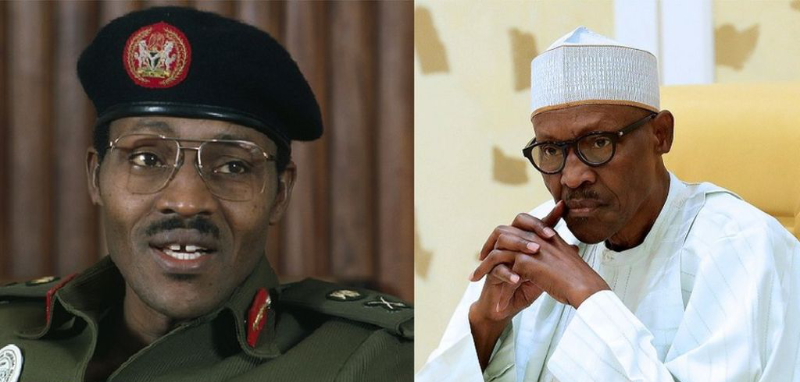Central Bank of Nigeria’s exchange rate decision may not be enough
Published on 2016 June 1, Wednesday Back to articles
The much anticipated 24 May meeting of the Central Bank of Nigeria’s (CBN) Monetary Policy Committee (MPC) finally decided to adopt a flexible exchange rate regime.
The meeting had been anticipated because data released by the National Bureau of Statistics on 20 May showed that the economy contracted in the first quarter of 2016 by 0.4%. Key sectors — including oil, construction, real estate, financial institutions, food, beverage and tobacco — all showed negative growth in the quarter. This was triggered by the CBN’s decision to ration foreign exchange. It had crippled the manufacturing sector and then triggered fuel shortages because fuel marketers could not get dollars to import fuel. This, in turn, led to the fuel crisis, which was compounded by the power crisis induced by the vandalism of oil facilities in the Niger Delta.
Faced, with this crisis, many had expected the CBN — which had stubbornly insisted that the Naira was appropriately priced — to adjust its stand and especially as Vice President Yemi Osinbajo had earlier signaled such a move (see Nigeria Politics & Security – 16.05.16). The CBN did not disappoint, and signalled that it will release guidelines for the adoption of a flexible exchange rate ‘soon.’
The decision has sparked a stock market rally with the All Share Index (ASI) rising 6.1% and market value gaining N573 billion after the announcement. Sources have told Nigeria Politics & Security that about US$40 million from foreign investors has been pumped into the stock market since the MPC decision. The CBN left other rates unchanged with the Monetary Policy Rate (MPR) retained at 12% and the cash reserve ratio at 22.5%. This is an indication that the rally is a result of the signalling of a change in foreign exchange policy and that this has sparked confidence in the capital market.
But the return of confidence in the general economy is expected to be slower. Since the CBN began its restrictive foreign exchange policy, Nigeria has been ejected from the JP Morgan and Barclays emerging markets index. It was also almost thrown out the MSCI index.
Two airlines — Iberia and United Airlines — have pulled out of Nigeria with British Airways saying on 27 January that it is also evaluating whether or not it will continue its flights to and from Nigeria. International Airlines have been unable to repatriate US$575 million of their ticket revenues, which has forced many of them to start selling their tickets in dollars to Nigerians. The impact has been a steep drop in passenger traffic as ticket prices soar and Nigeria’s middle class come under pressure from the rising cost of living. Reversing this trend will demand other fiscal reforms including improving the ease of doing business in the country. Nigeria ranks 169 out of 189 in the World Bank’s ease of doing business index.
The Nigerian business community is, however, expecting that the CBN may decide on a band of N285-N300 to the US$ as the new exchange rate in the new flexible exchange rate regime. Anything below that will be considered inadequate and will not be enough to reverse the outflow or attract new capital inflows. Although the decision to adopt a flexible exchange has come very late, it may be enough to reverse the previous free fall of the economy.



